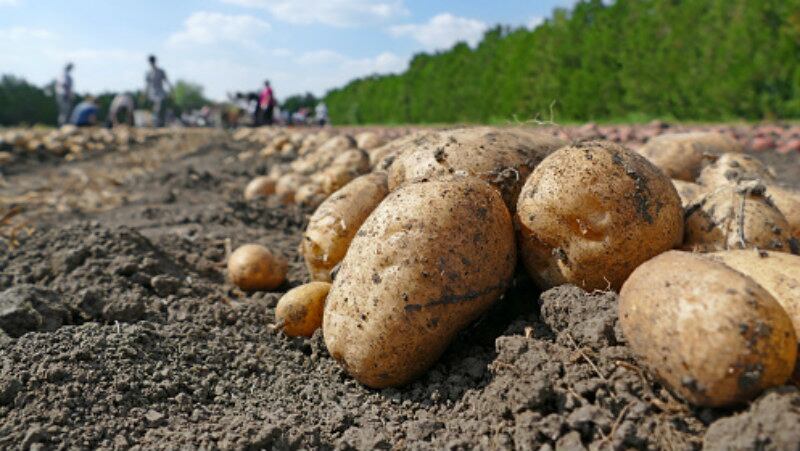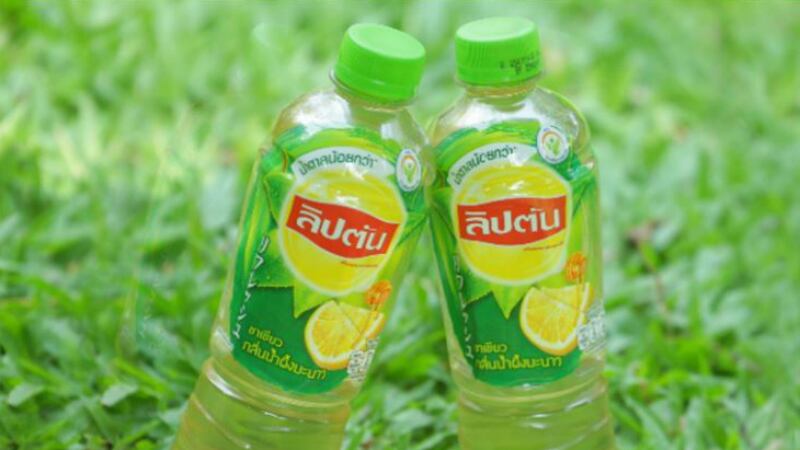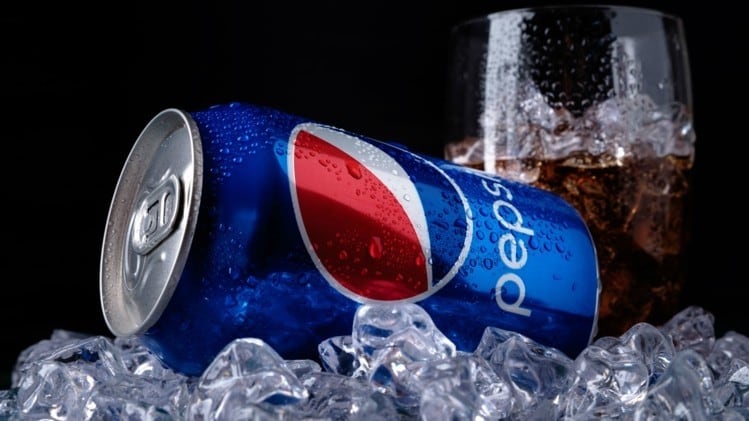After continued pressure from both the Indian government and community including a full-blown protest, PepsiCo has backed down and agreed to withdraw the lawsuit against the four farmers.
“After discussions with the [Indian] government, the company has agreed to withdraw cases against farmers,” said a PepsiCo India representative to CNN.
"We are relying on the said discussions to find a long term and an amicable resolution of all issues around seed protection."
The legal row initially saw PepsiCo demanding some US$216,000 (INR 15mn) in damages from each of the farmers in the Indian state of Gujarat for allegedly cultivating its registered FC5 potato variety illegally. The FC5 potatoes are used to make PepsiCo’s Lay’s potato chips in India.
Earlier this month, PepsiCo had agreed to settle the matter out-of-court with the farmers, inviting them to join its potato farming programme.
“[PepsiCo] was compelled to take the judicial recourse as a last resort to safeguard the larger interest of thousands of farmers that are engaged with [our] collaborative potato farming programme,” a PepsiCo spokesman had told FoodNavigator-Asia in an official statement.
“The company has already proposed to amicably settle with people who were unlawfully using [potato] seeds of [the] registered variety.
“[We] continue to maintain that they may become part of [our] collaborative potato farming programme, [which would] give them access to higher yields, enhanced quality, training in best-in-class practices and better prices.”
That said, in the event that the farmers decline to be part of this, the recourse offered to them was that ‘they can simply sign an agreement and grow other available varieties of potatoes’.
Joining this programme would mean that moving forward, the farmers would need to buy the potato seeds from PepsiCo, and any produce obtained would have to be sold back to the company at predetermined prices.
The tiff appears to have drawn concern from PepsiCo’s global and APAC headquarters, but a statement issued by PepsiCo India to The Economic Times said that: “The local team at PepsiCo India is fully empowered to ‘act as owners’ and equipped to take decisions based on local market conditions.”
At the time, the farmers were reportedly considering the offer whilst waiting for the hearing on June 12, but in the wake of PepsiCo’s withdrawal of the case, this would no longer be necessary.
According to local reports, PepsiCo had previously sued five other farmers in northern Gujarat over similar charges back in 2017-2018.
Backing for the farmers
The lawsuit drew major backlash from the farming community and activist groups in India, culminating in a 190-strong gathering in support of the farmers, demanding that the Union government take action to protect them.
In a statement to Reuters, activist Kapil Shah said: “It’s a question of India’s seed sovereignty, food sovereignty, and country sovereignty. [It’s] spreading panic among the farmers.”
Earlier this week, Gujarat MP and Indian National Congress treasurer Ahmed Patel issued a statement on Twitter saying that: “Pepsi’s decision to take Gujarat’s potato grower farmers to court is ill-advised & brazenly wrong. It is in violation of the farmers right under PPVFR Act.”
“The state govt shouldn’t keep its eyes shut. Corporate interest cannot dictate what our farmers must or mustn’t cultivate.”
A spokesman for the incumbent Bharatiya Janata Party (BJP) took support of the farmers a step further, giving PepsiCo India an ‘ultimatum’ to withdraw the cases within 72 hours, ‘or we will start a campaign to boycott all PepsiCo products in India’.
Supporting the MNC
PepsiCo’s legal basis for taking the farmers to court was rooted in India’s Protection of Plant Varieties and Farmers' Rights (PPVFR) Act 2001, saying that its rights were violated under Section 64 of the Act.
Section 64 of the Act is basically about infringement, and a major relevant section reads: “A right established under this Act is infringed by a person who, not being [the breeder or registered agent/licensee] of a variety registered under this Act sells, exports, imports or produces such variety without [permission].”
In support of PepsiCo’s stance, research entity Takshashila Institution director Nitin Pai wrote in an open letter that the lawsuit was ‘not popular’, but was not wrong either.
“[PepsiCo] registered the [potato] variety with the PPVFR Authority in 2016. Given that the potatoes are the core ingredient of its Lay’s chips product, it is not surprising that it would want to protect its business interests,” he wrote.
“Based on this, while extremely unpopular and inopportune, it is extremely difficult to conclude that PepsiCo was ‘wrong’ to protect its rights.
“Suppose a big MNC was not involved, and that one farmer had grown a variety that had formally been registered by another. [Would] we arrive at the same conclusion?”
He claimed that the whole issue had taken a political turn due to the ongoing Lok Sabha elections, where political parties wanted to be seen as ‘pro-farmer’.
“PepsiCo is part of the solution [to India’s low agricultural productivity], because it has introduced better farming techniques to the country,” he added.
“[As such], the PPVFR Act might be imperfect, but it cannot be anyone’s argument that we should condone its violation. Like in many other areas of public policy, the right thing is not popular, and the popular thing is not right.”





